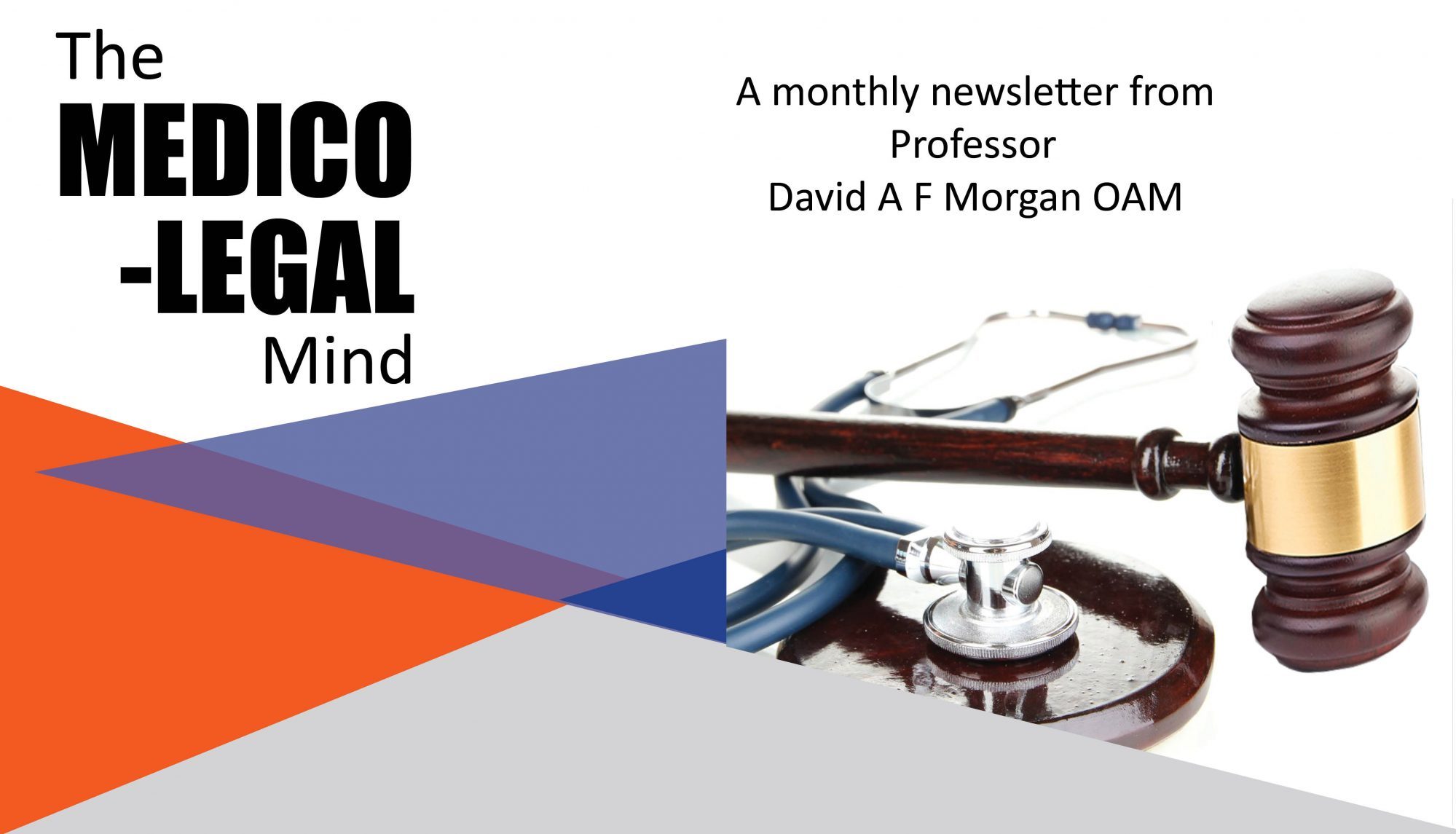GENERAL ADVICE – May 2019
The Opioid Epidemic
The last decade has seen a dramatic increase in the supply and use of naturally occurring and synthetic opioids. These mind-altering drugs are usually prescribed as powerful analgesics.
The implication there is of course that they should be prescribed for patients with severe pain only. Minor analgesics should be used for pain that falls below that threshold.
Opioids are also highly addictive. All the more reason to control their use sparingly. Unfortunately, this is not happening.

Recent publications have exposed some alarming statistics in the United States. The USA has approximately 5% of the world population. Unfortunately, that population uses 85% of the world supply of opioids. It is not only adults that are being hooked. Paediatric dependence is becoming increasingly common, with serious long-term ramifications.
Socio-economic factors combine with genetic predispositions. There is not much we can do about the genetics but of course, we can apply much closer scrutiny to the societies in which these medications are being distributed.
In Australia, in the so-called lower socio-economic strata, general practitioners are much more likely to be bulk-billers. The bulk billing rebate provided by the Commonwealth Medical Benefits Scheme and the Australian Government is barely sufficient to cover the costs generated in a general practice. Unsurprisingly therefore, general practitioners who do bulk bill are more likely to have shorter consultation times.
As the time spent consulting with a patient diminishes, so does the opportunity for counselling and educational dialogue reduce. Rather than addressing issues such as depression and anxiety, and thereby reducing the effects of chronic pain through counselling, it is easier for a general practitioner in that environment to simply acquiesce and repeat the prescription for the opioid.
This is a dangerous trend and one which is being magnified daily through dependency, family disharmony, crime and corruption.

It could be argued that the opioid epidemic is the most pressing problem facing medicine in the next decade. Your position as a litigation lawyer should not be underestimated. You may be in a position to warn plaintiffs, counsel relatives and even influence the therapeutic course.
At the very least, I ask you to think about the matter.
